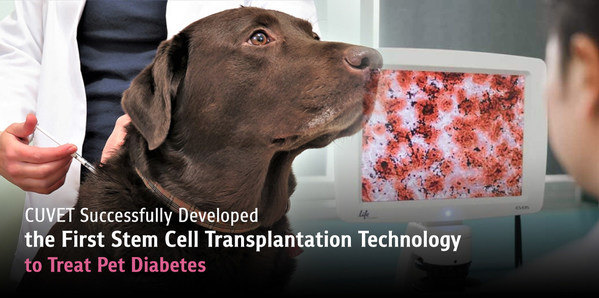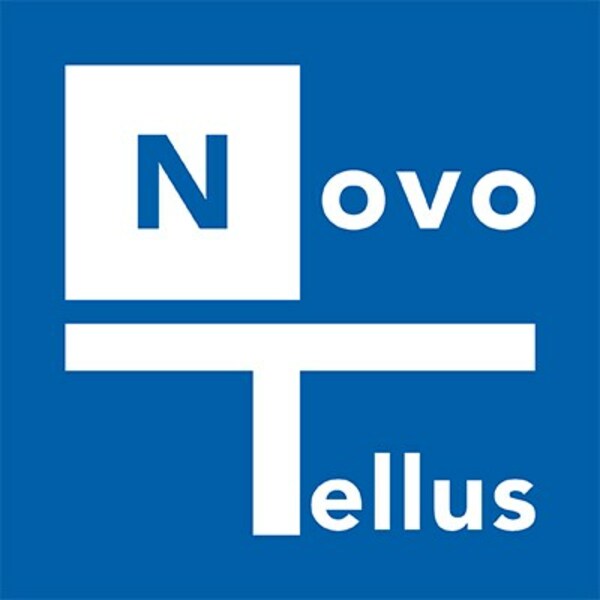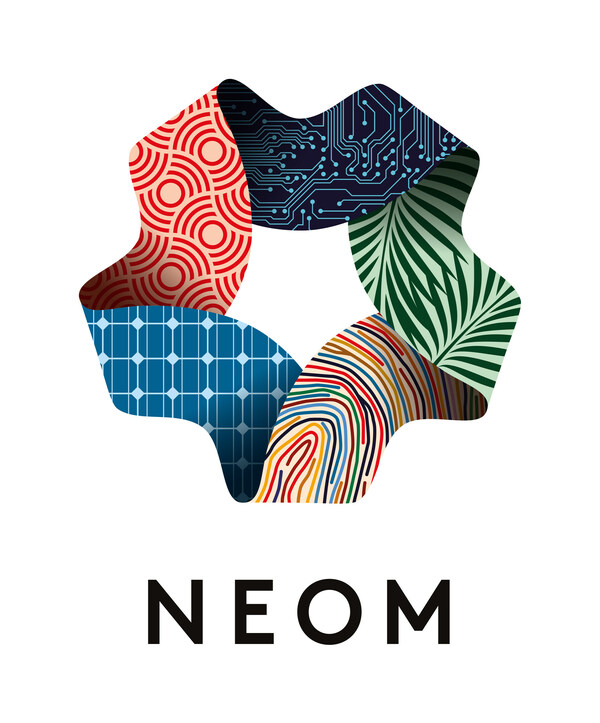BANGKOK, Dec. 13, 2022 /PRNewswire/ -- For the first time in Thailand, a research team from Chula's Faculty of Veterinary Science (CUVET), led by Assistant Professor Dr. Chenpop Sawangmek in collaboration with Bio ink Co., Ltd., a Chula spinoff company, has successfully developed a method to culture dog pancreatic cells from stem cells and cell transplantation technology to treat diabetes in pets.
Pets, especially cats and dogs, also suffer from diabetes and the current insulin treatment is not effective. Dogs mostly suffer from type-1 diabetes in which the body lacks beta-cells to create insulin, while cats mostly have type-2 diabetes because of a deficiency in insulin secretion or insulin resistance. They need different treatments.
The research focused primarily on type-1 diabetes in dogs.
"We create dog's pancreatic cells or insulin-producing cells (IPCs) from canine mesenchymal stem cells (cMSCs), and developed transplantation technology to replace the damaged cells." When used along with the double encapsulation transplantation technology, this method produces strong cells and prevents rejection from the immune system.
At present, the research team has successfully developed canine cell tissue for stem cell extraction and multiplication, the process of inducting cells, along with transplantation technology, is now ready to be tested in both lab and sick animals. The treatment is expected to be in use in 3 years.
"Stem cells can be adapted for use in various ways. If we can successfully develop cells from stem cells, in the future all organs can be replaced. We are studying these options along with creating prosthetic bones to replace damaged bones or accelerate their repair along with producing eye cornea in collaboration with the faculties of Medicine and Engineering," said Assistant Prof. Dr. Chenpop.
Plans to develop stem-cell products like cell therapy and stem-cell-derived products to treat pets are in the pipeline. Examples are exosome products to treat damaged organs for rehabilitation and repair; treatment for cancer, liver or kidney disease, and diseases stemming from organ deterioration, infections, or illnesses related to the immune system. The products are expected to be tested on lab animals within the year and available commercially within two years.
Continue reading at https://www.chula.ac.th/en/highlight/92729/
For those interested kindly contact https://www.cuvscbic.com/
or https://www.bioinkcu.com/.
Media Contact:
Chulalongkorn University Communication Center
Email: Pataraporn.r@chula.ac.th











